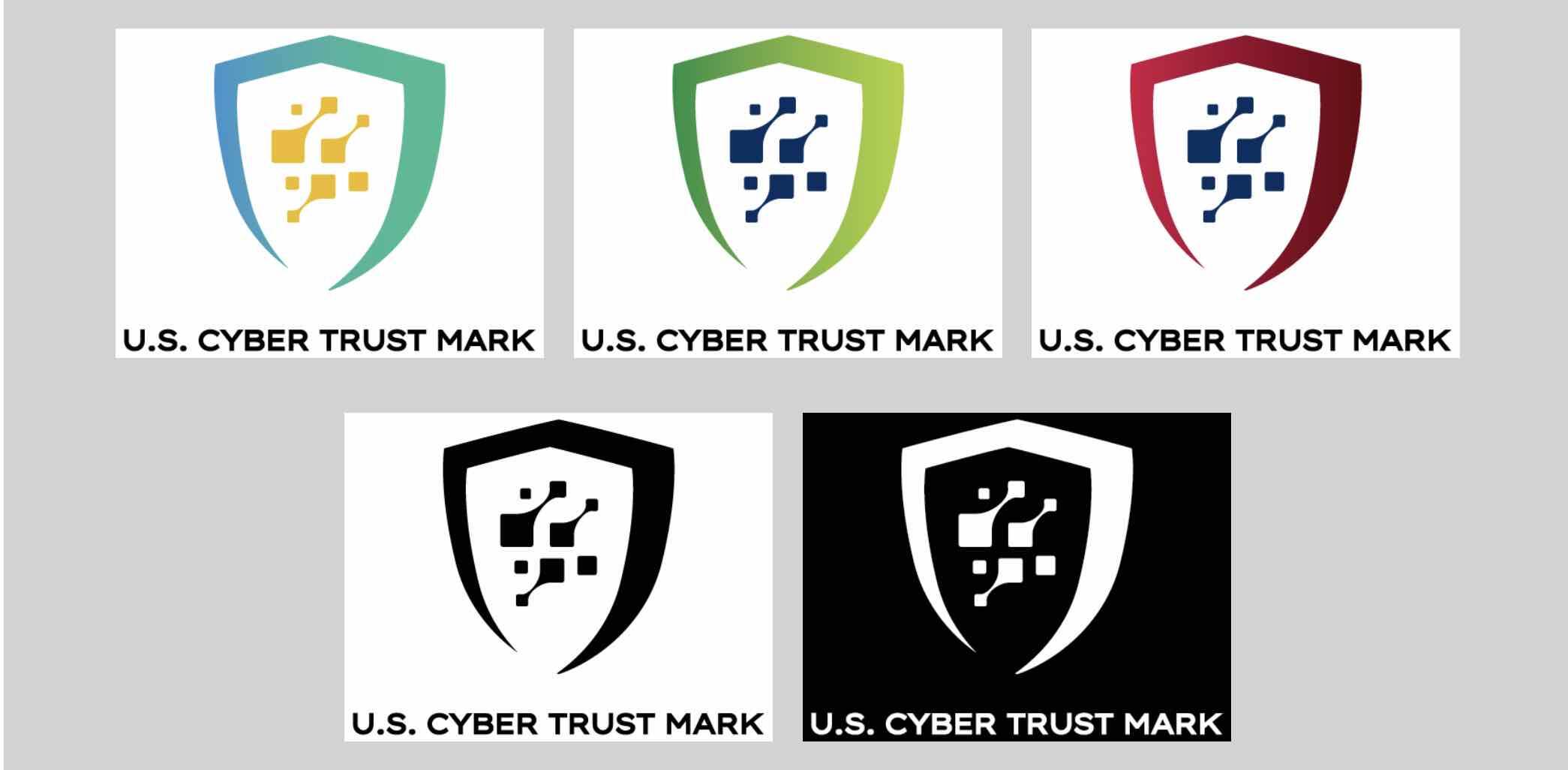BOOK THIS SPACE FOR AD
ARTICLE AD11. June 2021
This article has been indexed from Deeplinks
In Privacy Without Monopoly: Data Protection and Interoperability, we took a thorough look at the privacy implications of various kinds of interoperability. We examined the potential privacy risks of interoperability mandates, such as those contemplated by 2020’s ACCESS Act (USA), the Digital Services Act and Digital Markets Act (EU), and the recommendations presented in the Competition and Markets Authority report on online markets and digital advertising (UK).
We also looked at the privacy implications of “competitive compatibility” (comcom, AKA adversarial interoperability), where new services are able to interoperate with existing incumbents without their permission, by using reverse-engineering, bots, scraping, and other improvised techniques common to unsanctioned innovation.
Our analysis concluded that while interoperability created new privacy risks (for example, that a new firm might misappropriate user data under cover of helping users move from a dominant service to a new rival), these risks can largely be mitigated with thoughtful regulation and strong enforcement. More importantly, interoperability also had new privacy benefits, both because it made it easier to leave a service with unsuitable privacy policies, and because this created real costs for dominant firms that did not respect their users’ privacy: namely, an easy way for those users to make their displeasure known by leaving the service.
Critics of interoperability (including the dominant firms targeted by interoperability proposals) emphasize the fact that weakening a tech platform’s ability to control its users weakens its power to defend its users.
They’re not wrong, but they’re not complete either. It’s fine for companies to defend their users’ privacy—we should accept nothing less—but the standards for defending user-privacy shouldn’t be set by corporate fiat in a remote boardroom, they should come from democratically accountable law and regulation.
The United States lags in this regard: Amer […]
Read the original article: The GDPR, Privacy and Monopoly
By continuing to use the site, you agree to the use of cookies. more information
The cookie settings on this website are set to "allow cookies" to give you the best browsing experience possible. If you continue to use this website without changing your cookie settings or you click "Accept" below then you are consenting to this.
.png)















 Bengali (Bangladesh) ·
Bengali (Bangladesh) ·  English (United States) ·
English (United States) ·